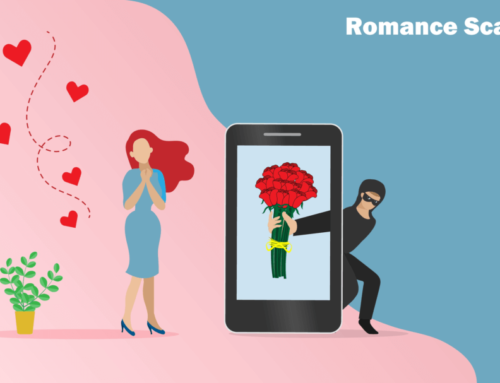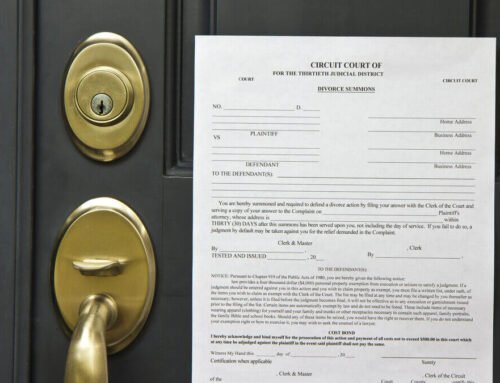
Sexting And Revenge Porn
Kay and Associates Investigations protects clients who are faced with from Revenge Porn. In the state of California revenge porn is a crime. But. you have to be able to prove it, first. We help get justice for victims of revenge porn.
We do everything possible on our phones: video chat, work emails, grocery home delivery, vacation photos, fitness training…you name it and our phone is most likely doing it for us in some way or another. Through our phones, we navigate personal relationships as well. Sending sexy texts and NSFW photos to someone we are dating or in a relationship with is common and totally acceptable. What is not acceptable is another person sharing those intimate photos or videos without your consent.
Digitized images of our most intimate moments are uploaded, downloaded, transmitted and seen by sometimes countless people…some with which we never intended to share our personal moments. And now, with more and more people meeting through dating apps (i.e. Tinder, Bumble, Match), it's tempting to show off or get someone's attention by sending cute, flashy, sexy, or just downright naughty photos.
Should you go ahead and send that new guy the super sexy photo he's been asking for? What about making a sexy video with your partner to spice up the relationship? Well the simple answer is no, because you can't trust anybody. Your greatest risk of having your intimate photos and videos shared against your will, is from the person you thought you could trust the most. It happens all the time: the actual trusted person blasts you out to whatever medium they think will either make themselves look better or humiliate you the most. Once the love or lust wears off there is no limit to what retaliatory actions your former heartthrob will stoop to.
Most celebrities and people with big job titles are arguably the biggest targets. But they are the ones we HEAR about; it happens to normal people with normal jobs all the time…
Protect Yourself — Don't Be a Victim
Here's some real talk: Think twice before sending explicit photos to anyone. Seriously. If someone's asking for nudes, you don't have to say yes. I get it — telling you to never send anything is like telling someone to wait until marriage to have sex — not always realistic. So if you're going to do it, at least be smart about it.
Here's how to protect yourself:
• Know who you're dealing with. Make sure you actually trust the person before sending anything. At the very least, don't include your face in the photos until you really know them.
• Use apps with self-destruct features. Tools like Snapchat or Whisper let you control how long an image is visible. It's not foolproof, but it helps.
• Enable screenshot alerts. Some apps notify you if the other person takes a screenshot. That won't stop them from using another device to snap a pic, but it's better than nothing.
• Send a friendly legal reminder. (Okay, half-joking here.) But seriously, revenge porn is a crime in many states — you could let people know you're aware of the law. A little deterrent never hurts.
• Assume it could resurface. Once something is digital, it can live forever. Even if it feels private now, it could come back unexpectedly. Not saying it will — just be aware that it can.
IF INTIMATE PHOTOS OR VIDEOS OF YOU HAVE BEEN POSTED ONLINE, HERE'S WHAT YOU NEED TO KNOW:
In California, Revenge Porn is a criminal offense and taken very seriously. Repeat offenders face significant fines and potential jail time.
To pursue legal action, you must be able to show:
• The person knew—or should have known—that sharing the content would cause you emotional distress.
• That their actions have, in fact, caused you emotional harm.
What you can do:
• Consult an attorney. Revenge porn is a crime—treat the offender like a criminal. Legal action can bring accountability, and many perpetrators choose to settle rather than face trial.
• Hire a private investigator. If needed, a PI can help gather evidence that your images or videos are being shared and, in some cases, can testify in court on your behalf.
Scorned exes or bitter individuals can act cruelly—but you don't have to face it alone. The law is on your side, and judges do not look kindly on those who exploit or harass others.












Locating and Serving a Person Hard to Find for Legal Action says: